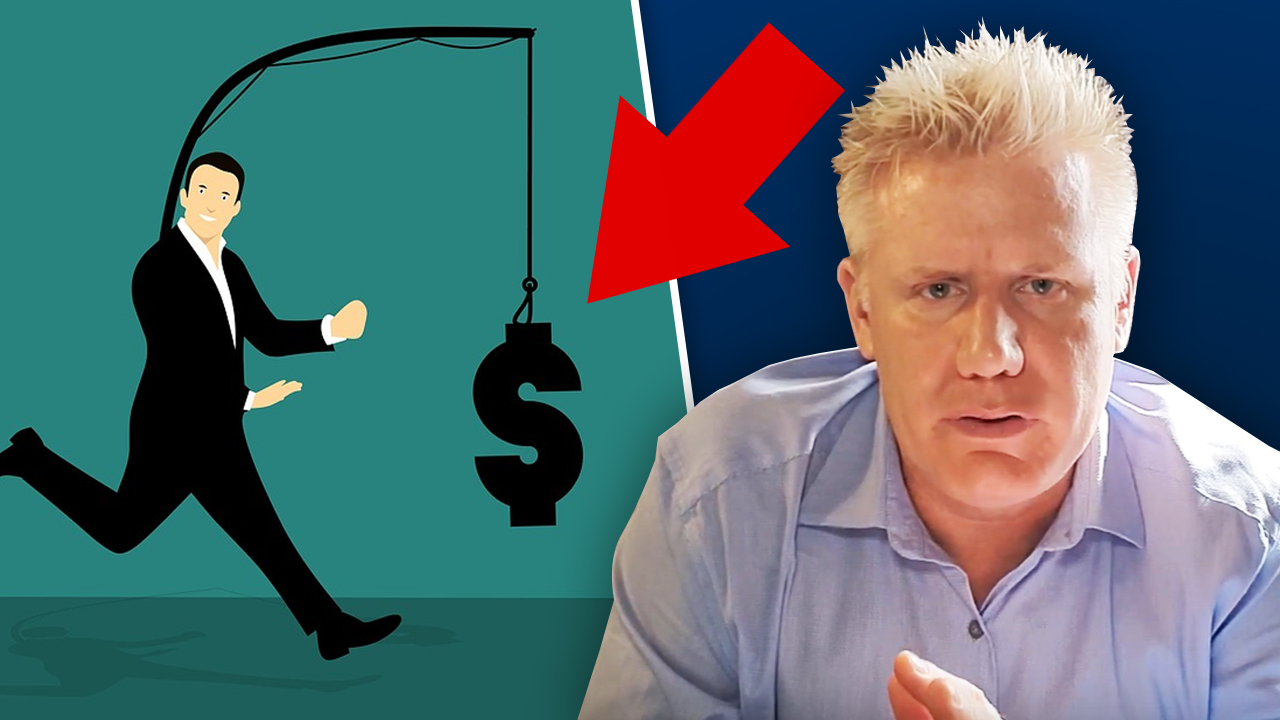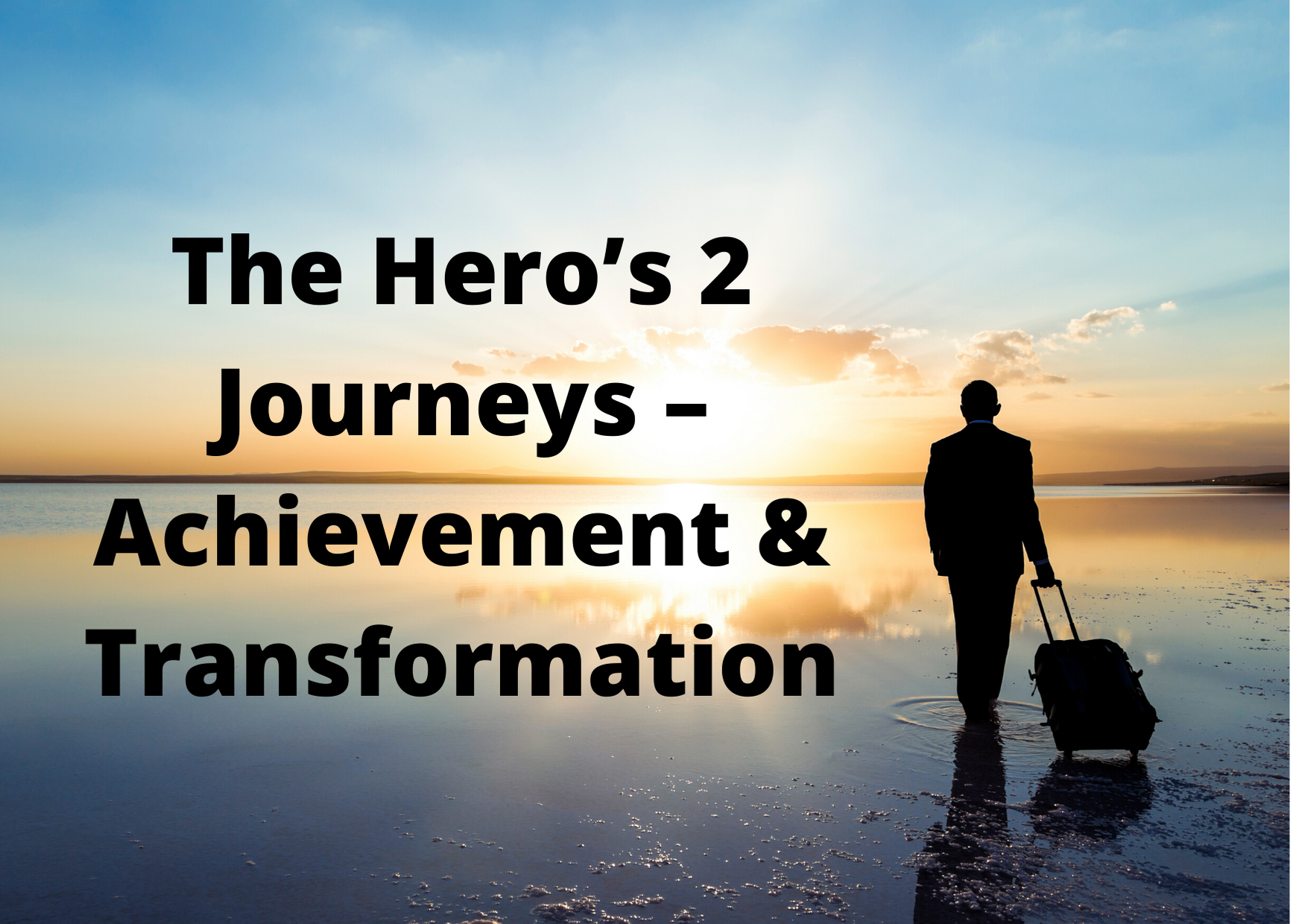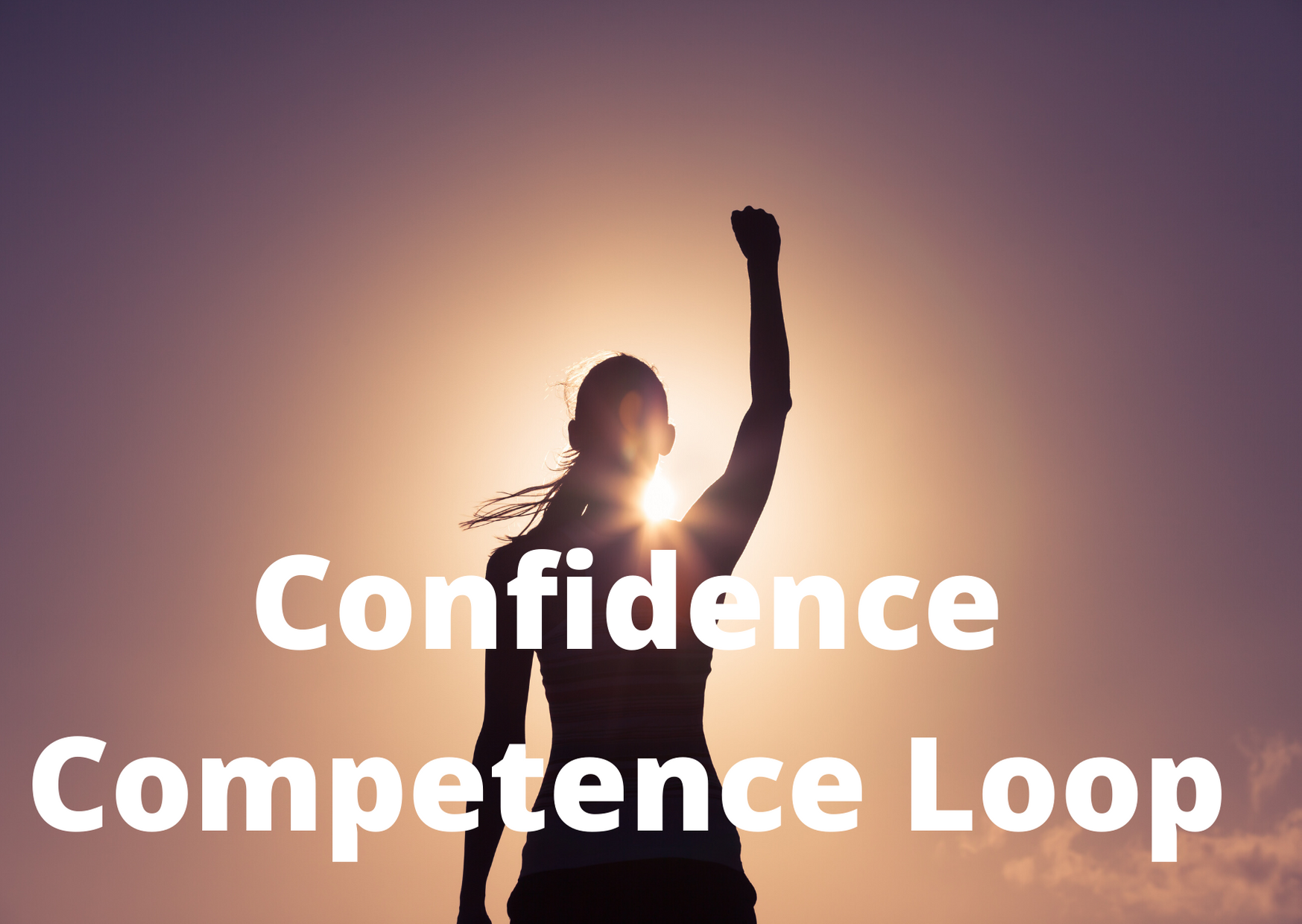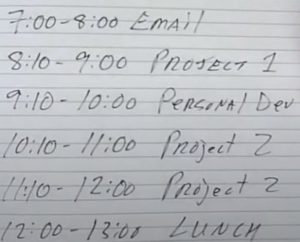 This post is a transcript of the video at the end of this post.
This post is a transcript of the video at the end of this post.
I was at a Tony Robbins event, maybe five or six years ago, where Tony said, “Success without fulfillment is the ultimate failure.” A lot of us fall into this thing that I call the success trap. This means we’ve achieved success, at least according to how society defines success, but we’re unfulfilled and we feel trapped. I think a lot of us fall into this area. This means you may have a job you don’t particularly like, but you’ve been doing it for 10 or maybe 15 years. So you feel vested or invested in this career. And you’ve built up a decent pay structure over these 10 or 15 years. Then you’ve bought a house that you are barely able to afford. Or maybe as you got a new pay raise or promotion, you bought a bigger house. You have a nice car. You have a nice family.
This video excerpt from Up in the Air, says it well:
So you look very successful from the outside, but inside you’re empty and unfulfilled and you feel trapped. The longer in this success trap, as I mentioned, the harder it is to get out. And that’s primarily due to people’s mindset. The idea that keeps you in this trap is if I’ve been at this career for 10 or 15 years, I’ve invested this amount of time in that career. So if I switched careers to do something that I really want to do, you’re going to have to take a step backward, is how a lot of people perceive it, rather than taking a different step. It’s worth asking yourself, “Is a little bit of discomfort to switch careers or to make less money worth your sanity?”
And a lot of people, if they’re in this trap too long, they get out of it. But often not in a pretty way. Some people have a midlife crisis where they just have had enough of the trap and they no longer want to be a lawyer, for instance. They’re going to now become a skydiving instructor or whatever. Some people get addicted to drugs and alcohol or sex, or they have some addictive behavior that’s typically tied to being in that success trap. Some people will actually go as far as killing themselves.
Robin Williams is an example of this. He was very successful, but he wasn’t fulfilled. Kurt Cobain, many celebrities, they have this happen to them. They’re very successful, but they’re not fulfilled. It’s important that what you’re doing with the majority of your time every day aligns with who you are and where you want to go. And it’s never too late to get out of that trap. The sooner you can get out of the success trap and live a life of fulfillment, the better because you will be more centered and your achievements will be in alignment with who you are.
I realize it takes courage. There’s going to be some risk involved to get out of the success trap. But I feel it’s extremely important, especially for people’s mental health. One of the biggest shifts that will benefit you is to shift your mindset. Just because your friends or your family think you’re successful if you don’t feel fulfilled and you want to do something else who gives a shit, what they think about it? It’s your life. You’re the only one that can tell if you’re fulfilled. They can’t.
And I know there’s a lot of peer pressure about playing a safe and having a stable job. But if you’re miserable, what is it really costing you? You’ll be much happier, probably having a job, making less money, maybe even living in a smaller house, maybe driving a less expensive car. If you’re living something more in alignment with your purpose.
I’ve talked to many people over my career. Many people I’ve met at events, many people that I’ve known that have had this high paying job. They’ve had all these nice things they look successful. But then they did decide to take a step in a different direction. They let all these things go. They have fewer things over here. But they’re much happier because they’re living a life that’s intentional and is in alignment with what they feel is their purpose, rather than what society feels or defines as success. So I encourage you to get out of the success trap. The sooner you can get out of it, the better.
I hope you found value in this video. If you are currently in the success trap or you’ve made it out of the success trap, please tell us a little bit about your story in the comments for this video. Have a great day.
 This blog post is a transcript from the video at the bottom of the post.
This blog post is a transcript from the video at the bottom of the post. This blog post is a transcription from the video at the bottom of the post.
This blog post is a transcription from the video at the bottom of the post. This post is a transcript from the video at the end of this post.
This post is a transcript from the video at the end of this post. This blog post is a transcription from the video at the bottom of the post.
This blog post is a transcription from the video at the bottom of the post.


